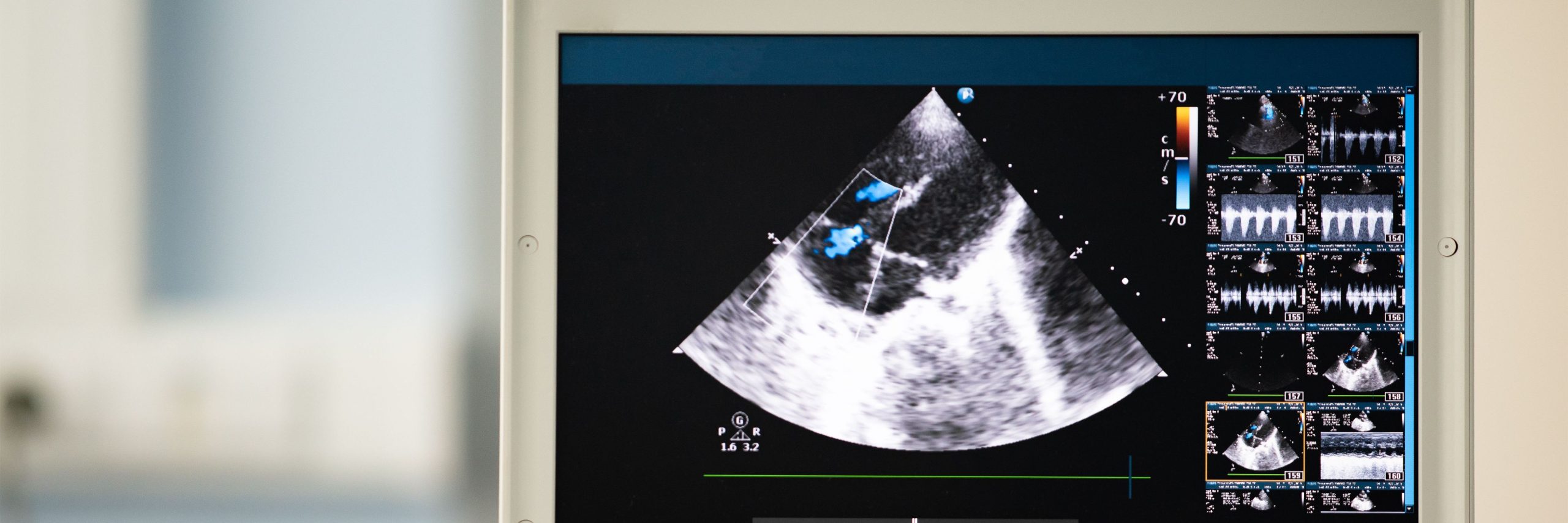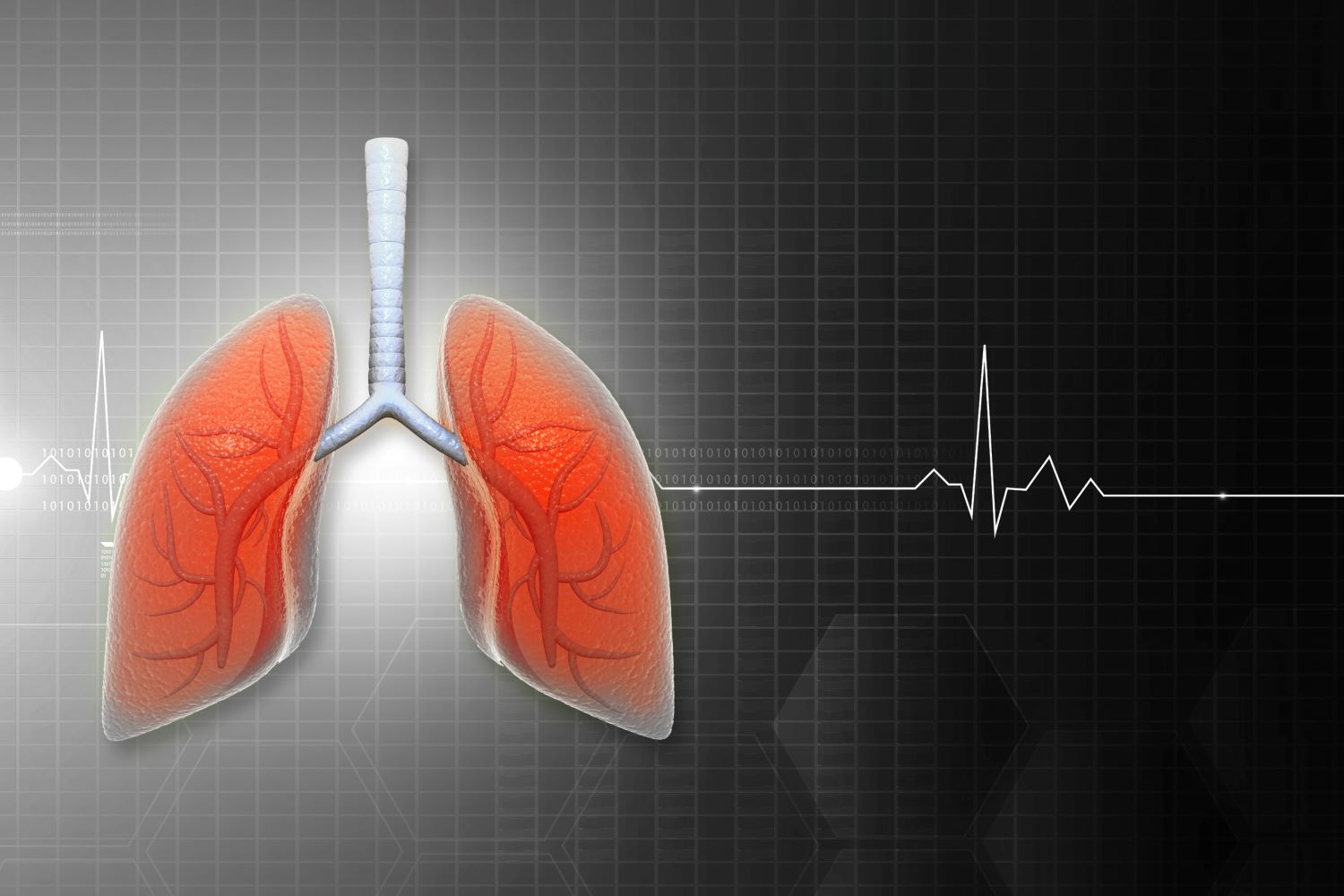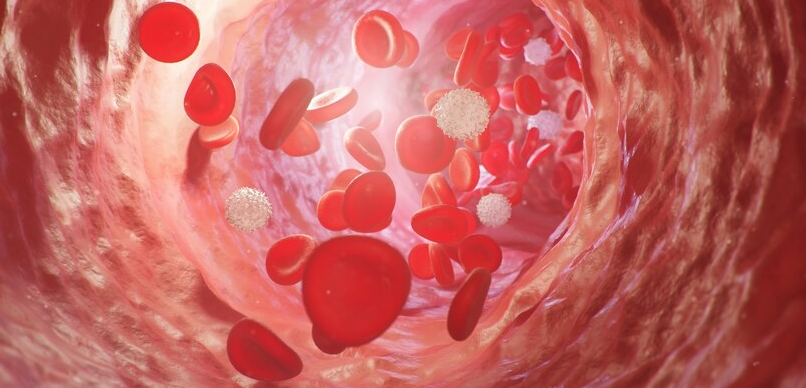The following is the summary of “Clinical impact of influenza vaccination after ST- and non-ST-segment elevation myocardial infarction – insights from the IAMI trial” published in the January 2023 issue of Heart Journal by Fröbert, et al.
Myocardial infarction (MI) patients have a better prognosis if they receive an influenza vaccine soon after their MI, however, the vaccine’s efficacy may vary by MI subtype. In the Influenza vaccination after myocardial infarction (IAMI) experiment, 2,571 people were prospectively enrolled and randomly assigned to receive either in-hospital inactivated influenza vaccine or a saline placebo. Between October 1, 2016, and March 1, 2020, researchers at 30 sites across 8 nations participated in the study. Investigators report the vaccine’s efficacy in 2,467 people who either had ST-segment elevation myocardial infarction (STEMI, n=1,348) or did not have ST-segment elevation myocardial infarction (NSTEMI, n=1,119).
All-cause mortality, myocardial infarction, and stent thrombosis were the primary endpoints at 12 months. The Kaplan-Meier approach was used to determine the cumulative incidence of the primary and critical secondary endpoints by randomized therapy and NSTEMI/STEMI. Formal interaction testing was used to determine the modifiability of treatment effects. Participants with NSTEMI had a greater baseline risk. The primary endpoint occurred in 6.5% of those given the influenza vaccine and in 10.5% of those given the placebo in the non-ST-elevation myocardial infarction (NSTEMI) group (hazard ratio [HR], 0.60; 95% CI, 0.39-0.91), but in 4.1% of those given the vaccine and 4.5% of those given the placebo in the ST-elevation myocardial infarction (STEMI) group (HR, 0.90; 95% CI All-cause mortality and cardiovascular mortality, 2 main secondary goals, showed similar results.
When comparing the Kaplan-Meier risk of all-cause mortality at one year between people with NSTEMI and those with STEMI, the difference was larger for those with NSTEMI (NSTEMI: HR, 0.47; 95% CI 0.28-0.80, STEMI: HR, 0.86; 95% CI 0.43-1.70, interaction P=.028). In patients with NSTEMI, the protective impact of influenza vaccination against adverse cardiovascular events may be amplified compared to those with STEMI.
Source: sciencedirect.com/science/article/abs/pii/S0002870322001983



















